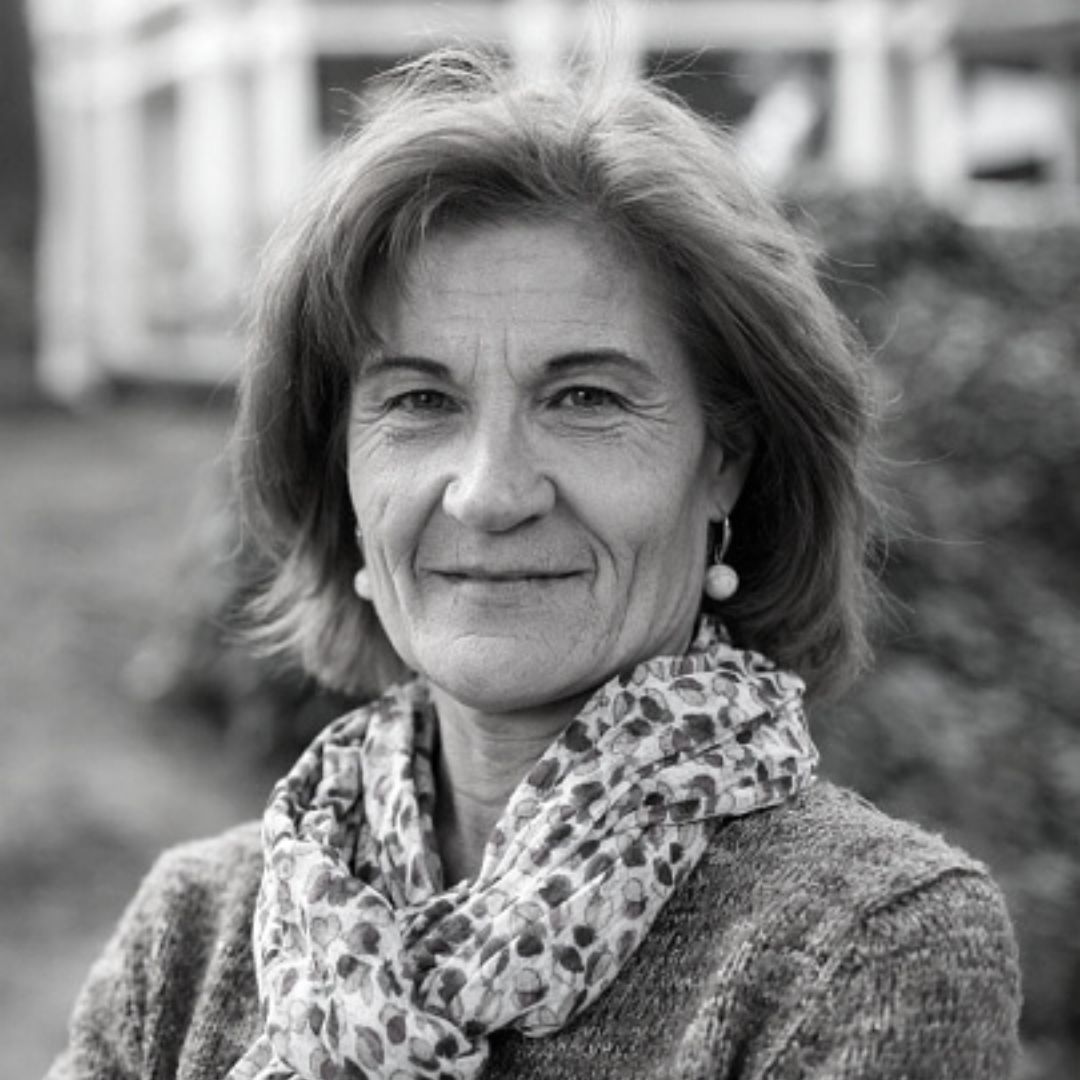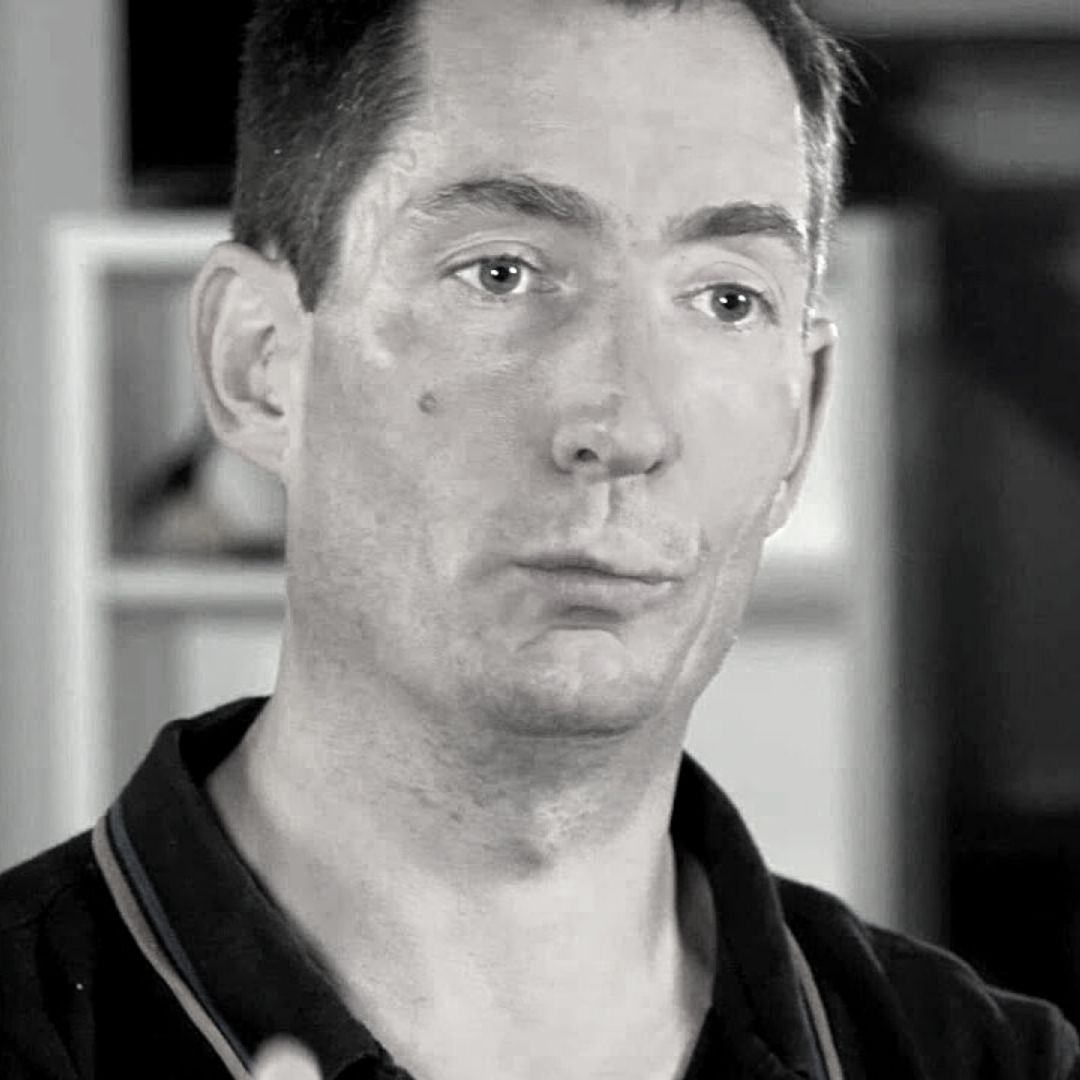Research

Computational biology
- Molecules: mining conformational spaces of huge dimensions to reveal biological functions
- Networks: combining single cell atlases and interaction networks (protein, metabolic, genetic, signaling, etc.) to reveal molecular pathways
- Cells/tissues: 3D+t super-resolution/multispectral microscopy to reveal differentiation/development complexity
- Brain: neuron-to-brain integration to model brain activity & computational neuroscience
Bio-inspired AI
- Neuronal level: spiking models to better understand neuronal dynamics
- Cognition: neuronal dynamics for the analysis of learning/perception/action sequences
- Simulation/electronics: brain models to provide new neuromorphic-biomimetic algorithms/architectures
3IA Chairholders
Pascal Barbry (CNRS)
Human Lung Atlas
Since 2020
The project elaborates on state-of-the-art approaches in genomics and cell biology to describe complex biological samples at the single-cell resolution. Multidimensional biological experiments result in large scale descriptions of DNA, RNA and protein expressions that can be integrated in time and space. The project aims at: (1) developing novel data-mining approaches based on machine learning and AI; (2) apply them to the study of the normal and pathological lung, in the context of serious threats that touch this organ (COVID-19, asthma, cystic fibrosis, cancer,...).
Laure Blanc-Féraud (CNRS)
Imaging for biology
Since 2019
Recent advances in microscope technology provide outstanding images that allow biologists to address fundamental questions. This project aims at developing new AI methods and algorithms for (i) novel acquisition setups for super resolution imaging, and (ii) extraction of valuable quantitative information from these large heterogeneous datasets.
Frédéric Cazals (Inria)
AIMS: Artificial intelligence for molecular studies
Since 2019
By learning essential features of proteins and their complexes, we shall deliver biologically relevant information for large molecular systems on biologically relevant time scales, leveraging our understanding of biological functions at the atomic level, and providing key inputs for protein design and engineering, and protein interaction networks.
3IA Fellows
Gergő Gógl (Inserm)
Decoding complex interactomes of macromolecules
Since 2025
This project aims to decode complex interactomes using AI-based tools that integrate quantitative biochemical data with advanced computational modeling. Building on recent breakthroughs in affinity interactomics —which can measure millions of affinities of macromolecular interactions— the project seeks to overcome current limitations in interpreting large-scale interaction networks. By developing novel AI-driven methods, Gergo's team will identify recurring short linear motifs, infer hidden network topologies, and predict binding affinities of experimentally so-far uncharted interactions, particularly within intrinsically disordered regions often implicated in cancer. Combining experimental data generation and machine learning, this interdisciplinary effort will reveal how mutations rewire cellular signaling, uncover novel cancer driver mechanisms, and establish a new paradigm for quantitative systems biochemistry at the interface of interactomics and artificial intelligence.
3IA Emeritus Chairholders
Ellen Van Obberghen-Schilling (Inserm)
AI-powered analysis of the tumor microenvironment
Our project will integrate tissue imaging modalities and artificial intelligence-based analysis tools for a deeper understanding and control of cancer, targeting tumor microenvironment and on the role of the extracellular matrix (ECM) in carcinoma progression, spread and response to therapy.





